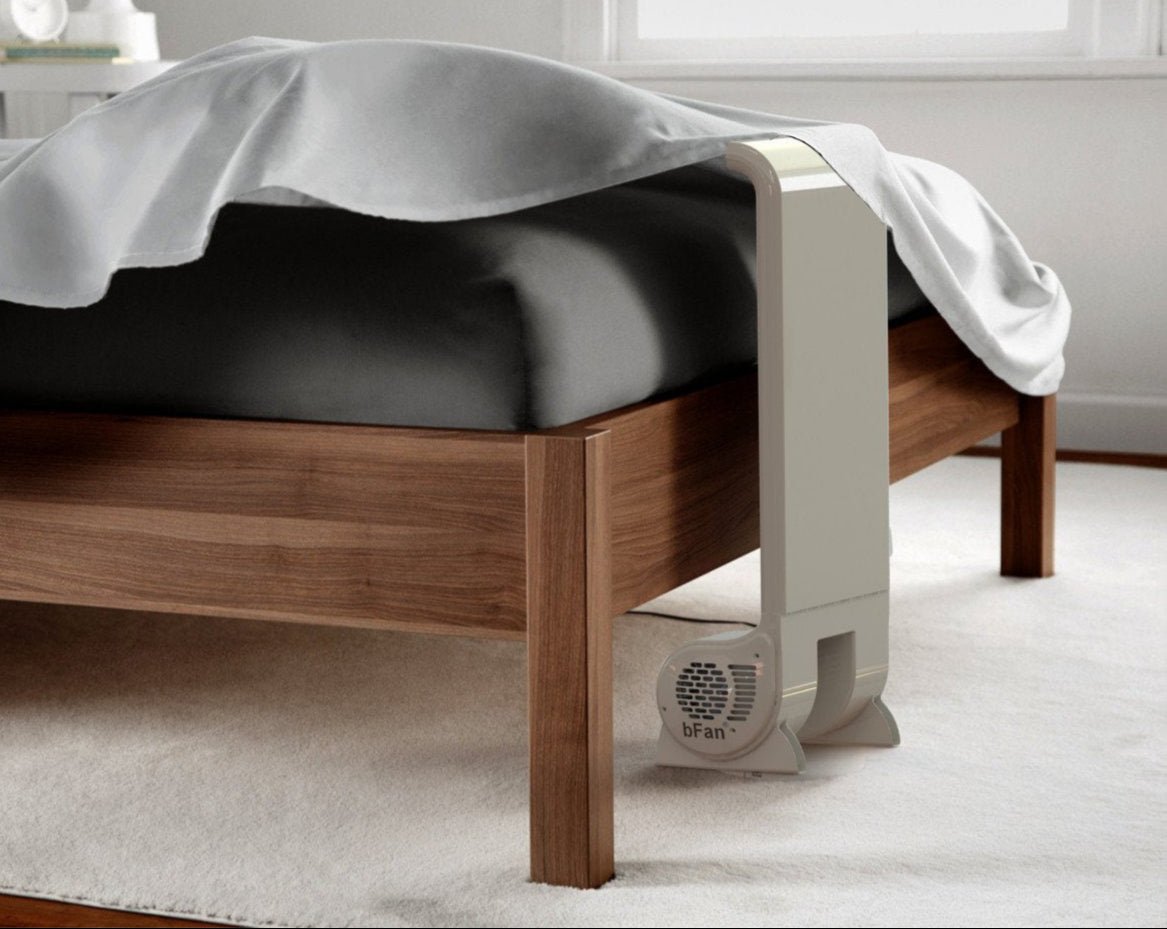Sleep Inertia: Why waking up is so hard
by Hannah Tompkins
Why Is Waking Up So Hard?
The feeling of waking up in the morning and feeling bogged down and disorientated is all too familiar to some people. Those people likely struggle with something known as sleep inertia. Sleep inertia occurs when waking up in the morning or from a nap. It's the feeling of just not having the energy to get up and wanting nothing more than to go back to bed (Verywell Health). While sleep inertia generally only lasts 15-60 minutes, completing tasks during that time can prove a real challenge. This is because sleep inertia affects both cognitive and motor skills, making basic tasks feel impossible to achieve.Luckily for those who are worried about their sleep inertia, it's not a sleep disorder. Instead, it's a pretty common struggle that affects many different people.
Sleep inertia is named after Newton's First Law of Physics, which dictates that an object in motion (or at rest) will remain in motion (or at rest) unless acted upon by an outside force. In this instance, the object in motion would be sleep, and the external force would be an alarm clock. Sleep inertia would be the body's resistance to abruptly changing from a state of rest to one of being awake.
Sleep inertia most often occurs when someone has been woken up abruptly. The use of alarm clocks is a significant factor in sleep inertia occurring because of the abrupt way that they wake the sleeping person. Alarm clocks set to a specific time of day do not take into account the ever-important sleep cycles. Because of this, they could abruptly rouse the sleeper during a REM (rapid eye movement) cycle of sleep. Being woken up during REM can cause more severe sleep inertia because of the amount of melatonin in the body during REM (Valley Sleep Center). The high amount of melatonin causes a lingering feeling of tiredness throughout the early awake time.
Sleep inertia is also more common in people who have depression or other mood disorders. People who have sleep apnea also have more frequent sleep inertia. (SleepCycle). It can also be affected by other sleep disorders such as shift work sleep disorder and types of circadian rhythm sleep disorders (Healthline).
https://www.sleepcycle.com/sleep-disorders/sleep-disorders-what-is-sleep-inertia/
https://valleysleepcenter.com/12-facts-about-sleep-inertia/
https://www.verywellhealth.com/how-does-sleep-inertia-make-it-hard-to-wake-up-3014826
https://www.healthline.com/health/sleep/how-to-deal-with-sleep-inertia#countermeasures
Share

